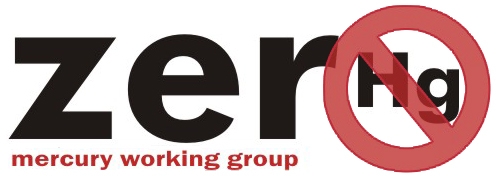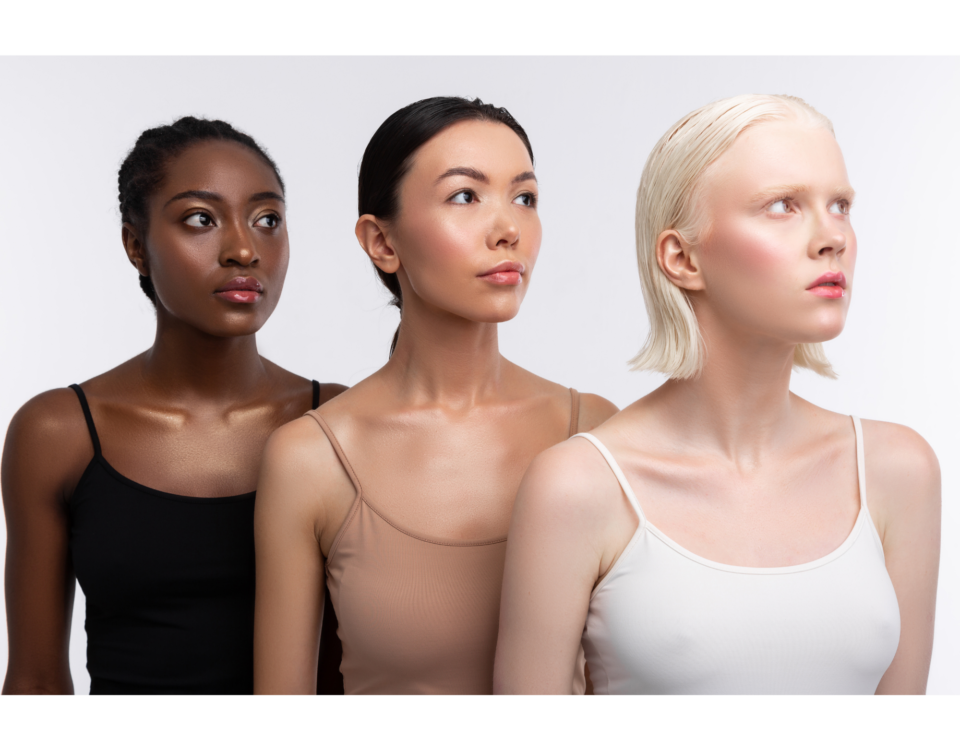Exposure to harmful chemicals, including mercury, claims the lives of over 1.5 million people globally each year. As research shows, the overwhelming majority among them are women.
Such an imbalance reveals yet another dark dimension of gender inequality that puts lives of the female part of the population at a constant unnecessary risk. These dynamics were confirmed by the latest UN report “Gender and Toxics”, reviewing the existing gendered injustices. The report was presented at the latest General Assembly of the United Nations in October 2024 by Marcos Orellana, Special Rapporteur on toxics and human rights.
The European Environmental Bureau (EEB) and the Zero Mercury Working Group (ZMWG) provided input to the report, showcasing mercury in skin lightening products (SLPs) as a case study of a toxic substance that perpetuates harmful racial and gender biases.
Over the past few decades, skin-whitening cosmetics have increasingly been advertised in online platforms, shops, glossy magazines, health centres and wellness boutiques, among many others. Beauty standards promoted by the media, advertising, and marketing reinforce the bias towards lighter skin tone. This kind of marketing has intentionally (or not) added to the prejudice or discrimination against people, particularly women, with darker skin tones.
Despite the Minamata Convention’s ban on the manufacture and trade of mercury-added SLPs, our data, along with many other studies conducted throughout the world, demonstrate the continued proliferation and global availability of mercury-added SLPs worldwide. To tackle this issue, some of our recommendations to governments included in our contribution to the report include aligning national laws with the Minamata Convention’s related provisions banning the manufacture and trade of mercury-added SLPs and curtailing the merchandising of mercury-added SLPs, including sales, offering of sales, marketing, advertising and display. In addition, a liability regime for online marketplaces should be enacted and coordination promoted between Parties to the Minamata Convention on Mercury, due to the high incidence of illegal mercury-added products made available on online platforms.
For more details, read the EEB article published on October 17, and view the full EEB/ZMWG input to the UN report.





